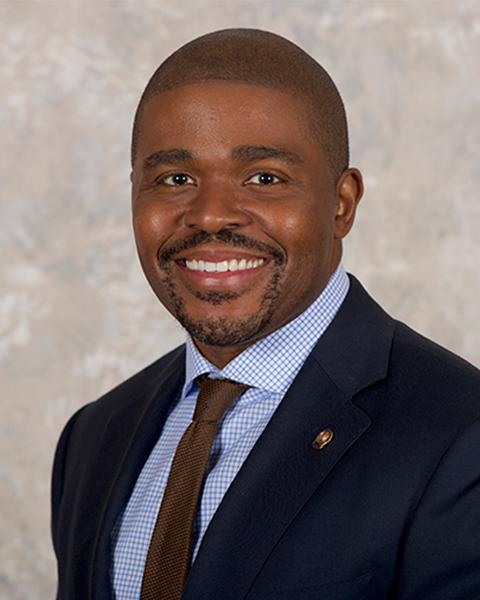A team of researchers at Georgetown University published an article Feb. 7 in the Journal of Health Affairs on the impact of race on medical treatment.
The article, titled “Race, Place, and Structural Racism: A Review of Health And History in Washington, D.C.” used historical data on federal, state, county and city policies to examine how disparities in medicine have disproportionately impacted the health of Black D.C. residents. The research, led by Christopher King, chair of the department of health systems administration in the School of Nursing and Health Studies (NHS), provides an overview of the history of social, economic and political forces that have created differential health outcomes between people of color and white people.
Health disparities are evident even in studies that control for socioeconomic variables, according to King.
“Even though it’s 2022, a wide body of evidence suggests the pulse of racism in medical settings continues to reverberate,” King wrote in an email to The Hoya. “Even when income, insurance status, and level of education are controlled, we continue to observe differences in patient experiences by race.”
The Black community has faced higher rates of viral transmission, hospitalization and mortality of COVID-19 compared to other demographics throughout the pandemic.
Recognizing that the medical field has historically excluded topics of race is important to determine how education on race can be expanded, according to Jerome Murray (MED ’22), student co-chair of Georgetown’s Racial Justice Committee for Change (RJCC).
“I think it’s important to understand that many suffer from a lack of knowledge and understanding of when and how these policies came to be,” Murray wrote to The Hoya. “I think that’s the beginning of how we recognize, acknowledge, and ultimately change these historically harmful policies.”

Understanding historical racial bias in medicine will help the field to evolve to be more inclusive and equitable, according to Theodora Danylevich, adjunct lecturer in the College who has taught courses such as “Medicine, Race & Gender” and “Health Inequity in the Time of Covid.”
“It’s not a question of regaining trust, because there is not some sort of pure space in history where medicine was free from bias,” Danylevich said in an interview with The Hoya. “As practitioners, I think it’s important to learn the unsavory histories, and to ask questions that can help them to exercise empathy, where they can step outside of their own experiences and preconceptions, which is also along the lines of what some scholars and activists call ‘structural humility.’”
The article drew attention to the fact that many policies continually cause disproportionate harm to Black Americans, such as the uneven distribution of grocery stores and hospitals in minority neighborhoods.
The inconspicuous nature of medical practitioners’ racialized impact often goes undetected and unchallenged, according to Danylevich.
“There’s rhetoric that is inconspicuously racist: a rhetoric of personal responsibility, such as we often see with fatphobia, rather than looking at the environmental and historical context that could be leading to these conditions that often are the consequences of centuries of racism,” Danyelevich said.
A report published by the NHS found that Black residents in D.C. live on average considerably shorter, less healthy lives than white residents because of systemic racism in the healthcare system, as well as wealth and education disparities.
The authors of the study, most of whom are current professors at Georgetown, find hope in training the next generation of medical practitioners in a way that addresses race and medicine, according to King.
“It is critical for medical students to know this and help us discover better ways to teach and design systems of care with a biopsychosocial orientation,” King wrote.














